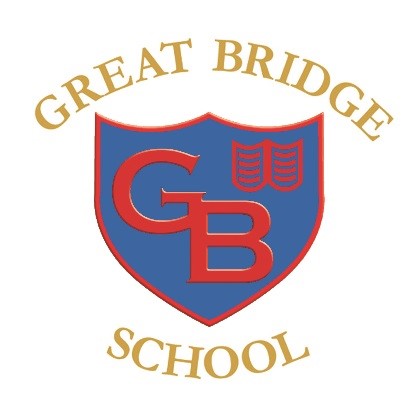Oracy
At Great Bridge Primary, ‘oracy’ underpins children’s learning.
We aim for our children to be able to express themselves confidently when they speak: take turns in a conversation with another child or adult; be able to discuss topics of interest in a group using subject-specific vocabulary; begin to be able to solve disagreements using the correct words and, ultimately, speak with confidence and clarity in front of an audience.
Right from the beginning of their school journey, we make sure that children are exposed to new vocabulary every day. We encourage conversation (e.g. during snack or milk time) and role play helps children to practise for real life experiences. Later on, children begin to learn the rules of paired or group discussion - how to take turns and show good listening behaviours and how to include others in discussions.
We use the Voice 21 Oracy framework to plan the development of oracy skills – working on four key areas:

In order to feel "all valued, all achieving, all equal," most lessons will have an oracy aspect. Children will share ideas, rehearse what they may want to write or challenge their peers’ thinking. In maths in particular, pupils are encouraged to explain their thinking and reasoning. Sometimes, the whole lesson may lend itself to discussion and teachers will assess understanding in different ways, such as using success criteria, ‘talk detectives’ or recording discussions so that pupils can self-assess their oracy skills later. On Class Dojo, teachers may set homework where pupils are asked to answer a question or discuss a statement to show their understanding of a recent lesson.
We know that development of oracy skills leads to progress in other areas of school life, including emotional health and well-being.
We always encourage parents to talk with their children at home – learn new words and have fun with them!

